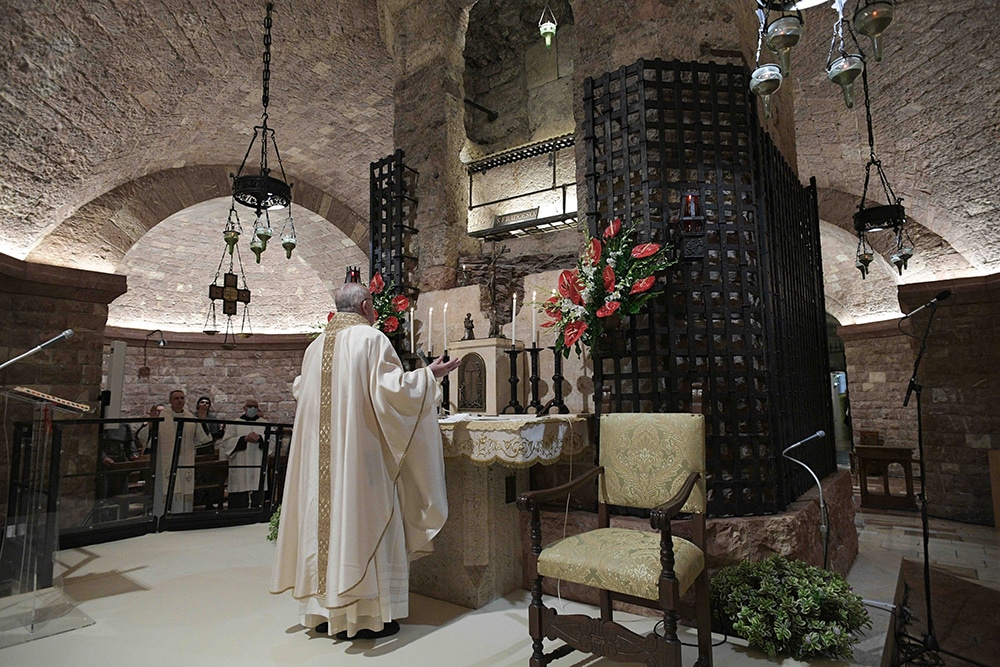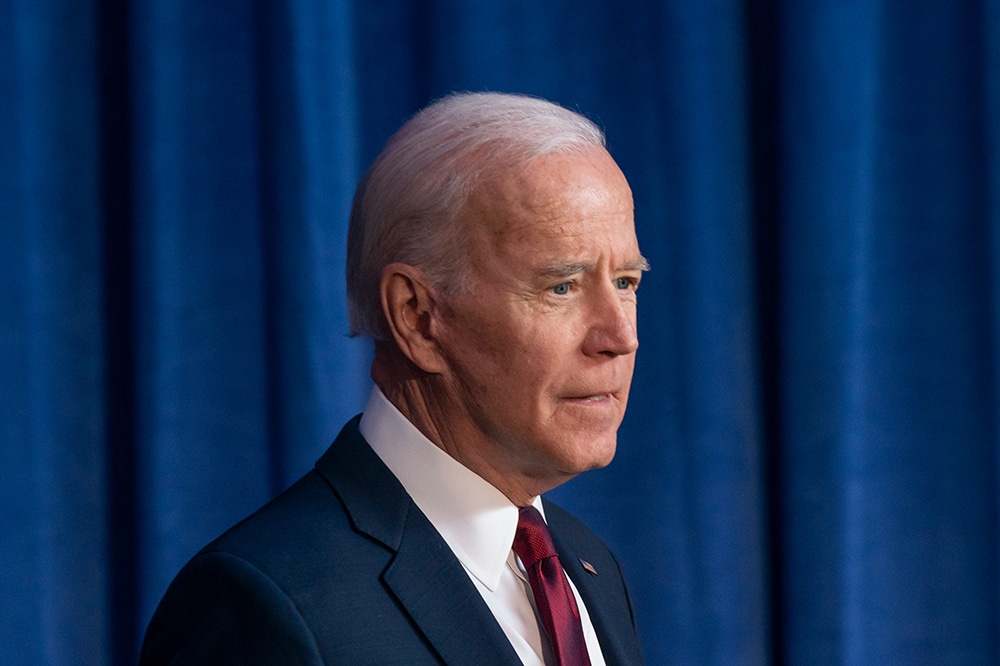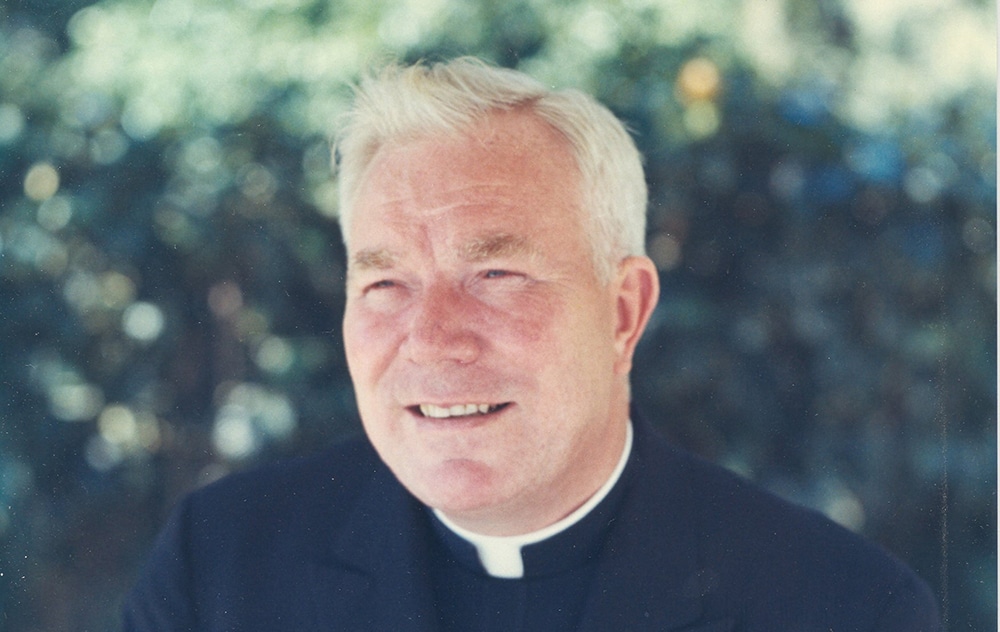 As I was reading Fratelli Tutti, Pope Francis’ new encyclical on fraternity and social friendship, I kept a running list of quotations that I found to be particularly meaningful. Naturally, the deeper I read into the document, the longer the list got.
As I was reading Fratelli Tutti, Pope Francis’ new encyclical on fraternity and social friendship, I kept a running list of quotations that I found to be particularly meaningful. Naturally, the deeper I read into the document, the longer the list got.
Fratelli Tutti is a lengthy letter, full of big ideas and ideals, and it will take years to absorb and process the pope’s thinking, not to mention act on some of his grander themes. But that is not to say that the encyclical is devoid of small things that each of us can do in our daily lives in order to love one another more effectively.
It’s my goal right now to focus on just one of those small things: his brief section in the fourth chapter that expands upon the idea of “a gratuitousness open to others.”
“Gratuitousness,” Pope Francis defines in the text, is “the ability to do some things simply because they are good in themselves, without concern for personal gain or recompense.”
“Life without fraternal gratuitousness,” Pope Francis writes, “becomes a form of frenetic commerce, in which we are constantly weighing up what we give and what we get back in return.”
The passage reminded me of a portion of Bishop Robert Barron’s masterpiece “Catholicism,” in which he is talking about the nature of love — how it is not a feeling or a tribal loyalty, but rather actively willing the good “of the other as other.” Anyone who is married knows just how true this is.
Bishop Barron goes on: “Often we are good or kind or just to others so that they might be good, kind or just to us in return. But this is indirect egotism, not love.”
This false love becomes a way of living that is concerned only with “what’s in it for me” — with love of self, not with true love of the other. This is the sin of self-absorption at its deepest, darkest, ugliest core. And I find that I, most uncomfortably, am all too guilty as charged, sometimes without realizing it, and sometimes knowing it all too well.
The alternative is love freely given — the gratuitous love of which Pope Francis writes. This is a love that does not barter but rather is generous, overflowing and without price. This, Pope Francis reminds us, is how God loves us — and, of course, how we are to love one another.
“We received life freely; we paid nothing for it,” the pope writes. “Consequently, all of us are able to give without expecting anything in return, to do good to others without demanding that they treat us well in return.”
Bishop Barron says if you want to test whether or not your love is freely given, try loving your enemies. “If I am generous to someone who is my enemy, who is not the least bit interested in responding to me in kind, then I can be sure that I have truly willed his good and not my own.”
This Gospel challenge reminds me of St. Thérèse of Lisieux’s response to a fellow sister in Carmel who “annoyed me in all that she did.” Instead of giving into her “natural antipathy,” Thérèse prayed for her sister, served her in every way, greeted her with a smile and, if the temptation to speak sharply was too strong to overcome, ran for it “like a deserter from the battlefield.”
In Fratelli Tutti, Pope Francis dreams big about a better world. We may not be able to fix our political system or our economic framework overnight. But we can pray for those we don’t like. We can smile when we don’t feel like it. We can give without thinking of gain. We can love gratuitously.
Gretchen R. Crowe is editorial director for periodicals at OSV. Follow her on Twitter @GretchenOSV.







